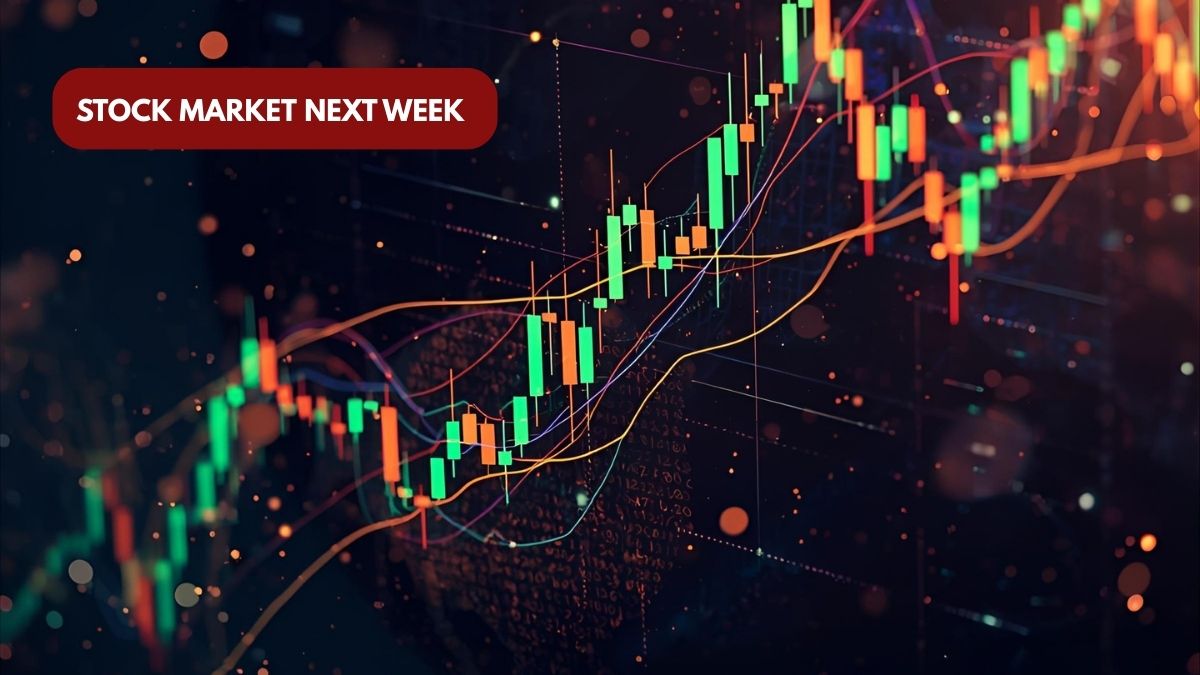Indian markets head into the final week of August with a sharp focus on the upcoming 56th GST Council meeting scheduled for September 3–4 and the Prime Minister’s meeting with the Chinese President at the SCO Summit on Sunday. Both events are expected to influence market sentiment significantly, alongside ongoing foreign fund flows and global data releases.
The GST Council is expected to discuss a landmark reform — the proposed “GST 2.0” plan, which could simplify the tax structure into just two slabs, 5% and 18%, by removing the 12% and 28% rates. A rollout by Diwali is being considered. This is likely to drive domestic consumption by making essentials such as food, textiles, stationery, and consumer products more affordable. Sectors like FMCG, auto, textiles, cement, and consumer durables may benefit directly.
On the geopolitical front, the Prime Minister’s meeting with the Chinese President comes at a sensitive time, following the U.S. decision to impose a 50% tariff on Indian goods. The move is expected to hurt India’s textile and apparel exports, but a potential softening in India–China trade ties may open alternative opportunities.
Meanwhile, domestic sentiment has been under pressure from continued FII selling, with foreign investors net sellers of about $2.5 billion this week, even as domestic funds stepped in with net purchases exceeding $3 billion. This tug-of-war has kept Nifty around 24,500 levels, down more than 10% from its recent highs, presenting what analysts describe as a possible buying window if GST reforms move ahead.
Fundamentally, India’s economy remains resilient. Q1 GDP growth came in at 7.8%, more than double that of the U.S., while July’s IIP rose to a five-month high of 3.5%. These numbers highlight strength in industrial output and domestic activity despite external headwinds.
This past week, the Sensex and Nifty closed lower, with the Sensex erasing 1,498 points and the Nifty slipping 443 points to 24,426, largely on concerns over U.S. tariffs and relentless FII selling. Across sectors, auto, banks, metals, realty, defence, midcap, smallcap, and IT indices fell between 2–5%.
In commodities, Brent crude slipped 1% to $68/bbl, while gold surged 2% to $3,447/oz, marking a record high as global investors assessed U.S. economic data and Fed policy expectations.
Next week’s corporate actions will also keep traders busy, with dividend and bonus issues lined up across NTPC, Gujarat Gas, TVS Srichakra, Shipping Corporation of India, Finolex Cables, and others. On the global front, U.S. jobs data, PMI releases from Europe and China, and Japan’s capital spending figures will be closely tracked.
With GST reforms, geopolitical engagements, FII flows, and macro data all converging, market participants expect a volatile but eventful week that could set the stage for September’s trading action.
Disclaimer: This report is for informational purposes only and not investment advice. Please refer to SEBI-registered advisors before making any financial decisions.


